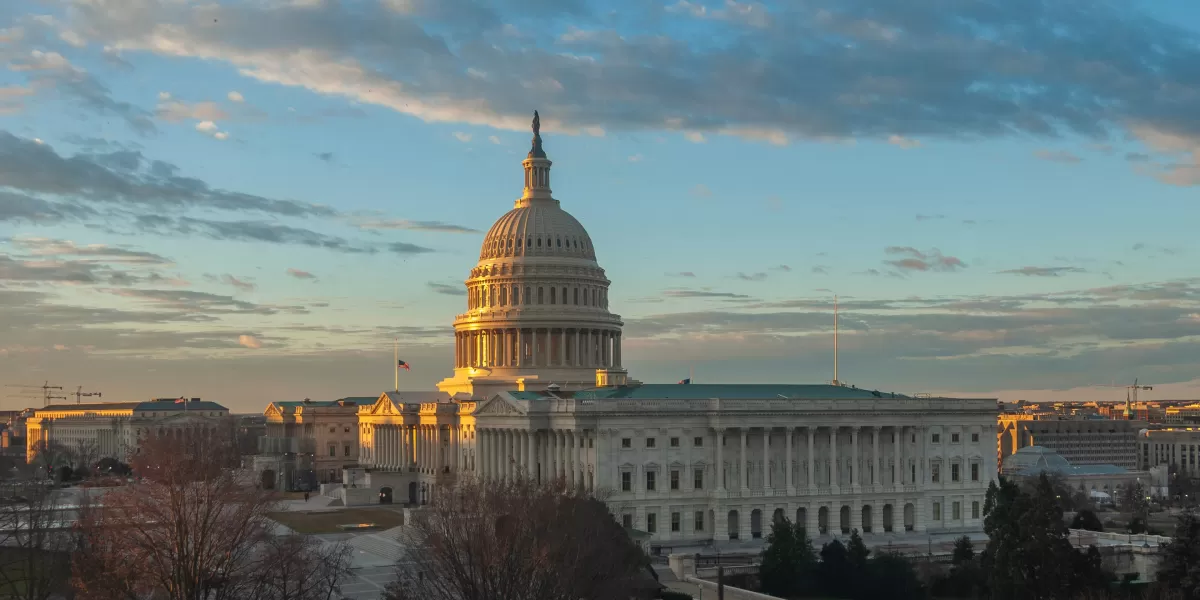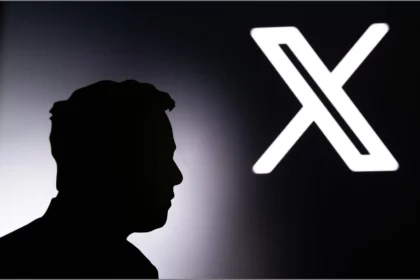More than a hundred senior European lawmakers will send a joint letter to their counterparts in the United States on Tuesday, pleading for Congress to unlock further military aid to Ukraine at a time when US lawmakers have struggled for a deal.
The open letter, reviewed by Reuters, was signed by lawmakers from at least 17 countries including France, Germany, Italy, Poland, and Ireland, and is a sign of mounting concerns in Europe about the continuity of US support to Ukraine.
It also comes just as Ukraine President Volodymyr Zelenskyy flies to Washington to make his case, ahead of a tight deadline for Congress, which is scheduled to go into recess for the year by Friday.
“We hear the concerns expressed by our American friends. For years, American leaders, Democrats and Republicans, have asked Europeans to take more responsibility for their own security. We agree with this legitimate request,” the lawmakers, led by Benjamin Haddad, a French MP in President Emmanuel Macron’s party, said in the letter.
The European lawmakers, which also include Germany’s Michael Roth, the chairman of the Bundestag Foreign Affairs Committee, as well as Giulio Tremonti, his Italian counterpart, said Europeans had contributed as much as the US on Ukraine since Russia’s invasion.
“Moreover, military spending has risen all across Europe,” they said. “American military aid however is critical and urgent.”
The next round of Ukraine aid has been held up by a demand from House of Representatives Speaker Mike Johnson and other Republicans that no more funds be dispatched unless steps are first taken to harden the US border with Mexico.
President Joe Biden has urged Congress to act by the year’s end and Democrats in Congress were trying to win approval of about $50 billion in new security assistance for Ukraine.
“A Putin victory would embolden our enemies around the world: they are watching and hoping we grow tired. Ukrainians are fighting so we don’t have to,” the European lawmakers said.
European Union leaders will meet for a summit in Brussels on Thursday and Friday to decide on proposals to grant 50 billion euros of economic support to Kyiv, assign a further 20 billion euros to Ukraine’s military, and launch accession talks.
But for that, they would need to convince Hungarian Prime Minister Viktor Orban, who touts his ties with Russian President Vladimir Putin and has threatened to veto the aid and enlargement talks.




